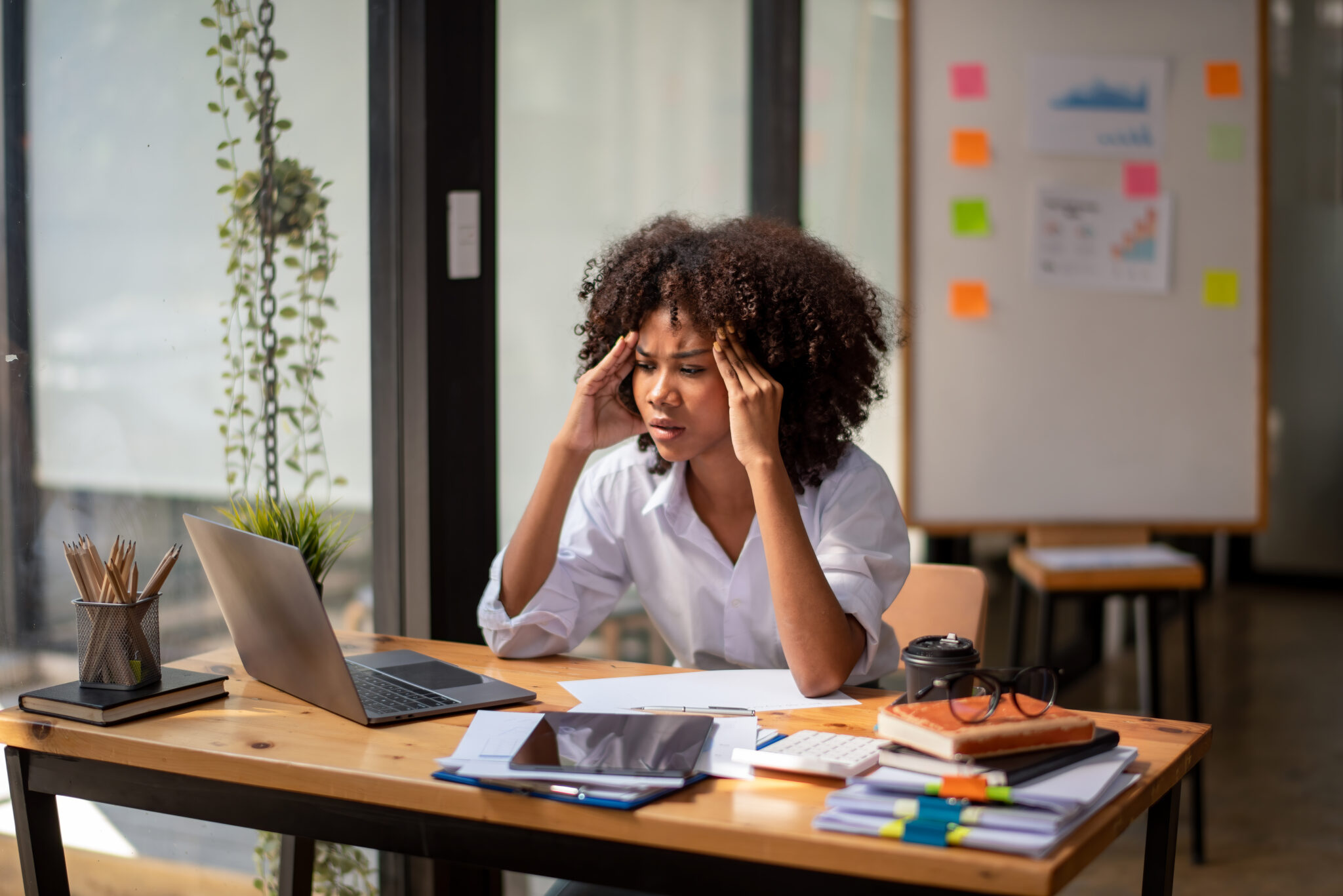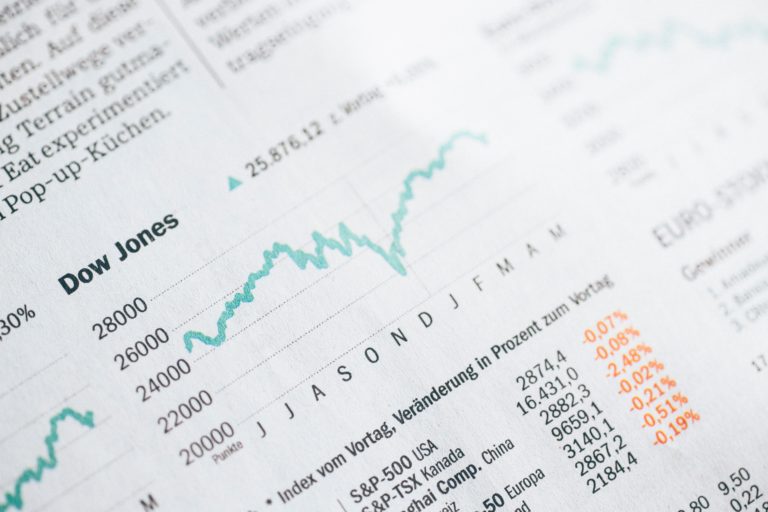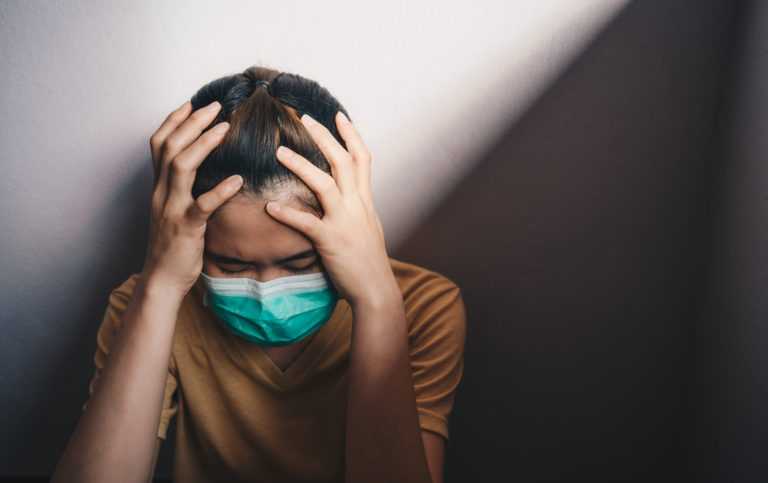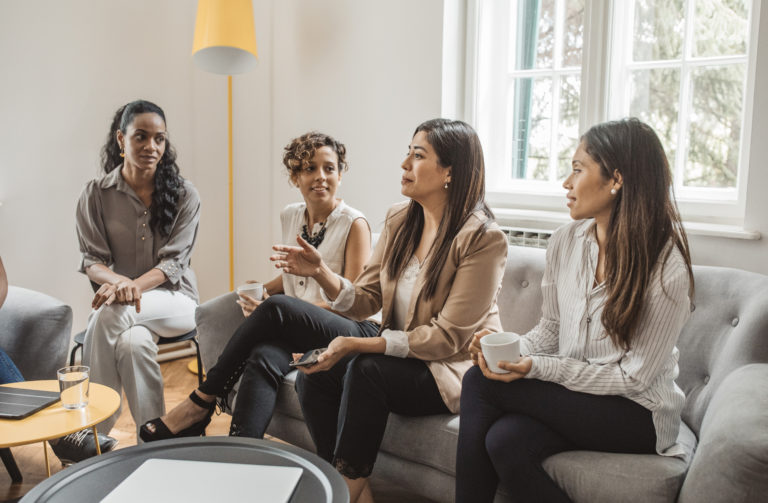In addition to the serious public health impact of COVID-19, there are also far-reaching economic…
Women and the Economy: A Looming Recession and Economic Anxiety

With almost every day bringing new headlines about a recession approaching, it is no surprise that American women are feeling pessimistic about the economy. In our most recent polling at All In Together, we found that 46% of women believe the economy will be worse in six months. While there are definite differences among party lines–31% of Democratic women say it will get worse, compared to 49% of Independent women and 64% of Republican women–economic concerns are at the forefront of women’s minds.
Across the ideological spectrum, the cost of living was a top three issue for women voters in 2024 along with guns and abortion. And it is an issue women are voting on. Our poll found that half of women say a candidate must share their views on the cost of living in order to secure their vote. The Gender on the Ballot survey from February found that women were cutting back on luxuries and that almost half of women needed to cut back on necessities like food in order to make ends meet. And with expanded TANF benefits ended, and federal pandemic aid for childcare ending in many states in September, meeting necessities may become a bigger problem for families. 73% of women in our survey said it was somewhat or very likely that childcare would become harder to afford in their area.
Regarding childcare, our poll found that a majority of voters support federal subsidies for childcare, as well as paid leave. This is true of Republicans as well, though they are more supportive of childcare subsidies than paid leave.
As economic anxiety around inflation, the debt crisis, and a possible recession grows, expect women to be the hardest hit by the consequences. Black women are seeing big gains in employment right now, but they are often the first to lose their jobs in a recession and the last to get them back. Our poll found that Black women were actually the least pessimistic about the economy, with a plurality (42%) thinking it will be about the same in six months, and about a quarter (27%) saying it would be worse. During All In Together’s 4th Black Women Lead conference last month, one of the panels discussed how entrepreneurship, homeownership, and economic policy can be used to close the racial wealth gap.
In fact, the number one economic concern in our survey was housing affordability, with 86% of women saying it is very or somewhat likely that it will become harder to afford a home in their local area. Republican women are especially concerned about housing affordability, 71% said it is very likely affording a home will become harder in their area.
When we talk about issues like homeownership, inflation, and the economy overall, those of us outside the gender space don’t put women at the forefront of these conversations. But just like abortion and childcare, the economy is a women’s issue and should be treated like one.






